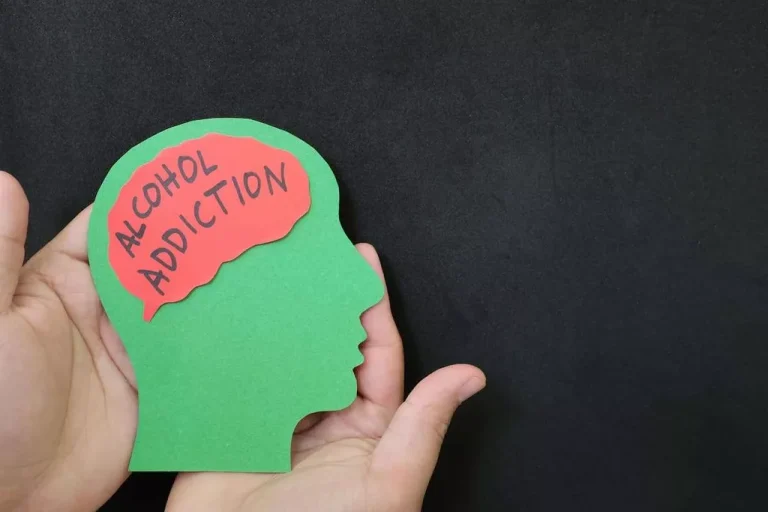
What might seem like a reasonable expectation in some circumstances might be totally unreasonable when it comes to someone with an addiction. When your loved one swears to you and to themselves that they will never touch another drop of alcohol, you might believe them. If you have children, it’s important to protect them from unacceptable behavior as well.

Is There a Difference Between Emotional Drinking and Alcoholism?

And in response, we each have unique methods of weathering these emotional storms. If you’ve ever tried to break any habit, you probably know it’s often easier said than done. In other words, what works for a friend won’t always work for you. That’s why building your own recovery toolkit can make a difference in your ability to weather the most intense cravings. Of course, addressing your triggers at the source can also go a long way toward helping you make lasting changes. A positive distraction can help occupy your thoughts and energy, giving you something to focus on besides the urge to drink.
Exploring your relationship with alcohol
- Talk therapy is an important part of treatment for alcohol use disorder, but Dr. Streem says just about anyone who is making a life change, like quitting drinking, can benefit from therapy.
- But medical research has shown that the cold-turkey approach may not be the best way for everyone.
- If you have children, it’s important to protect them from unacceptable behavior as well.
- The key difference between emotional drinking and alcoholism is a person’s level of control over alcohol and the impact on one’s life.
But it’s an opportunity for personal growth and re-engaging with loved ones and the world around you. To retrain your brain, try activities that will bring you true happiness. You may think it’s impossible at first when you’re caught up in the “work” of recovery, like going to treatment sessions and meetings. Make time for new or renewed activities as part of the self-care that will help you in your recovery journey. Whether you quit or cut back, tools can make it easier to deal with emotions that may arise, like stress, anxiety, and the common fear that you may not be able to change.
Traumatized children find mental health therapy beneficial
“You might get tranquilized and pass out, but you don’t reach the deep levels of sleep that you need to actually feel rested.” Your safe alcohol limit is based on your blood alcohol concentration and is the amount of alcohol you can drink in a single drinking session. You will need professional assistance to determine what this safe limit is for you. Remember, those who struggle with alcohol use disorder want to be able to reduce or moderate their alcohol intake, but it’s not always something they can control despite their best efforts. Sure, when inebriated, they’re capable of out-extroverting most extroverts. But their “genuine” show of wild drunken emotional abandonment remains contrary to their day-to-day personality.
- Instead of drinking beer on a Friday night, “I’d drink seltzer water … and dance in the playroom with my son,” she says.
- There are also medications that can be helpful for people who want to reduce their drinking.
- Or friends may meet up without any clear agenda except to drink wine and talk.
- To help them learn more, Lara suggests sharing a few resources you’ve used.
- “To people that insist, ‘Come on, have another,’ I say, ‘When I wake up at 2 a.m., I’ll text you 100,000 times and make certain that you can join me in the fun of insomnia!
The key to dealing with alcohol dependency in the family is staying focused on the situation as it exists today. It doesn’t reach a certain level and remain there for very long; it continues to get worse until the person with an alcohol problem seeks help. Protect your children, and don’t hesitate to keep them away from someone who drinks and does not respect your boundaries. Growing up in a home where alcohol use is common, can leave lasting scars. Accepting unacceptable behavior usually begins with some small incident that you brush off with, “They why cant i control my drinking just had too much to drink.” But the next time, the behavior may get a little worse and then even worse. You might slowly begin to accept more and more unacceptable behavior.